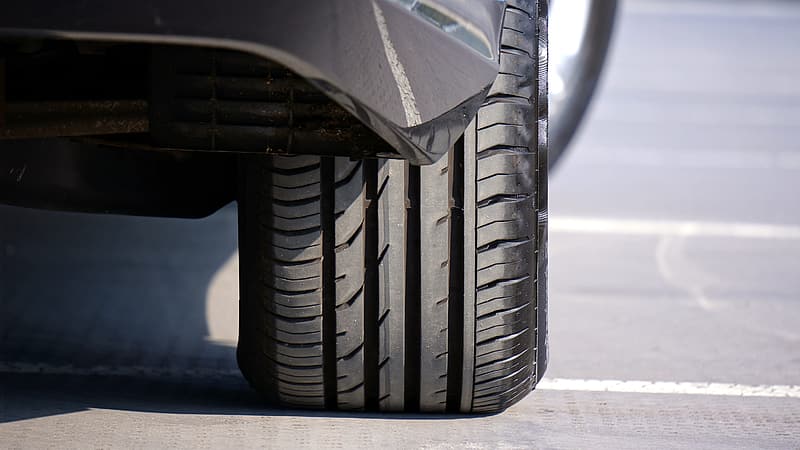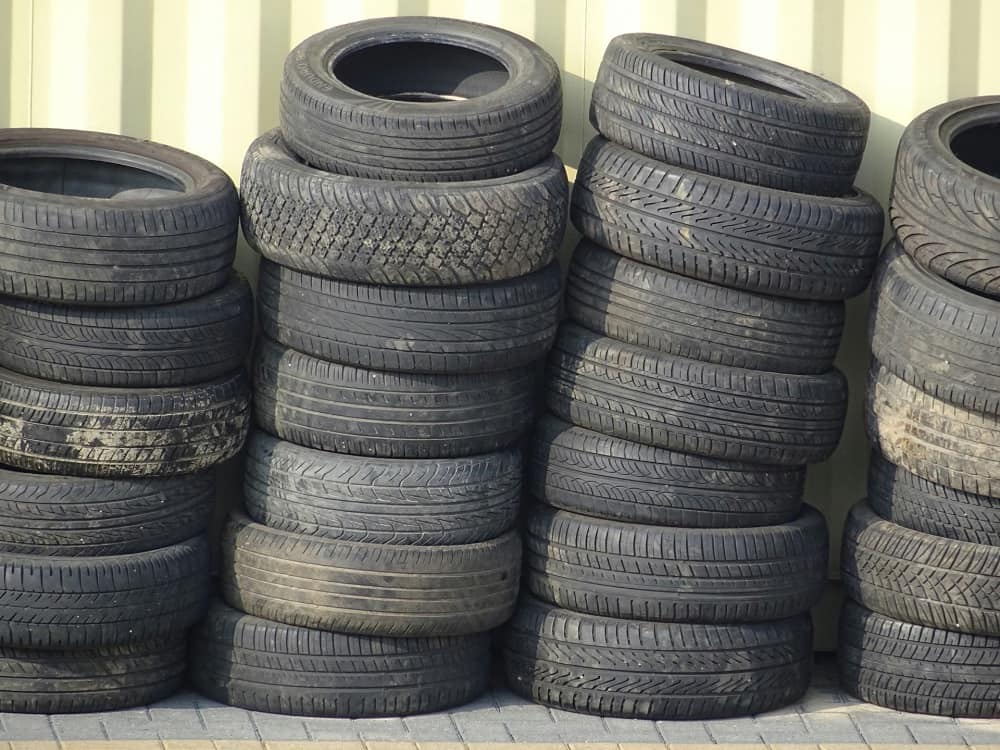Everything wears out over time, and tires are no different. However, it is not wise to ignore worn-out tires as they can cause various safety issues on the road. By learning the causes and fixes of inner tire wear, you can find solutions to these problems.
A tire in that condition lacks sufficient space between the groove for surrounding air, heat quickly builds up and often causes blowouts. Such tires also provide poor traction on slippery roads such as roads that are snow-laden and ice-covered. You can suffer from high fuel consumption and reduced performance due to such wear and tear.
Contents
The Causes of Inner Tire Wear
To deal with the problem, users need to know what causes tires to wear on the inside. The following factors are usually responsible.
1. Camber Angle
Camber adjustment means the angle that makes it possible for the tires to sit flat on the road. It can be both positive and negative. When someone looks at a car from its front, and the top part of the tires is leaning out, it has a positive camber angle.
Contrarily, if the bottom part of the tires is leaning towards the outside, it is negative camber, which is responsible for wear in the inner part.
2. Bad Alignment
When there is a lack of proper alignment in the tires, inner tire wear can happen. Many things, including collisions with potholes, can be responsible for front tires becoming out of alignment. If the steering pulls in one direction or the other when driving on a flat road, you must fix the alignment.

3. Toe Settings
Sometimes, car toe settings cause the inside of the tire to pull more forces. As a consequence, the damage takes place at a faster speed on the inside.
4. Worn out Tie Rods
Tie rods make sure the steadiness of the wheels and equal turning rates for both front wheels. Lack of grease in those rods can create alignment issues, which ultimately wear the tires.
5. Damaged Springs or Suspension
Damaged springs are another thing what causes inner tire wear. The function of the car springs along with the suspension is to absorb shocks when the car hits any bumps or potholes. With worn-out springs, it will lose efficiency. As a result, the inside of the tires will suffer from excessive wearing.
6. Low Tire Pressure
Underinflated tires are another reason for deterioration from the inside. The more time one spends driving with underinflated tires, the higher chance of developing wear. Remember that low tire pressure will cause bartering on both inside and outside of the tires over time.
How to Fix Inner Tire Wear
You should start taking steps after noticing the symptoms of inside tire wear. However, taking these simple steps will help you prevent the wear from happening in the first place.
1. Maintain Proper Tire Alignment
If someone continues driving a vehicle for a long time with misaligned wheels, there could be a camber angle adjustment problem, ball joints wearing, and damaged springs. All these issues can cause wear of the inner tire. For this reason, one must align their car wheels after driving 5,000 miles or one year.
2. Keep Tires Inflated
Underinflated tires have more risks of developing damage in the inner part. It happens because the tire sidewalls do not remain tall and make the tire to have more road contact.
Therefore, you should keep on checking the tire pressure at regular intervals. People who do not want or have time to go to the tire shop can also choose to buy a portable tire inflator.
SEE MORE
3. Balance the Tires
There is a tendency among the majority of car owners to balance the wheels after noticing uneven tire wear. This approach is wrong when it comes to preventing the wearing of tires.
For the best results, you should balance the tires every two years. Experts also advise balancing the new tires during the installation process. It is a much-used method to avoid the inner wear of tires.
4. Fix All Damaged Suspension Components
Whenever there is any uneven tire wear, you should check the suspension of the car. This equipment helps riders to get a jerk-free journey. Many times, a bent suspension component is responsible for the wear on the tires.
If the suspension does not have extensive damage, it’s possible to repair it. Unrepairable suspension bent needs to be replaced with a new one.
Conclusion
Inner tire wear can turn out to be fatal, especially while driving on wet roads. So, everyone should be careful enough to avoid this issue by following the preventive measures described here.



